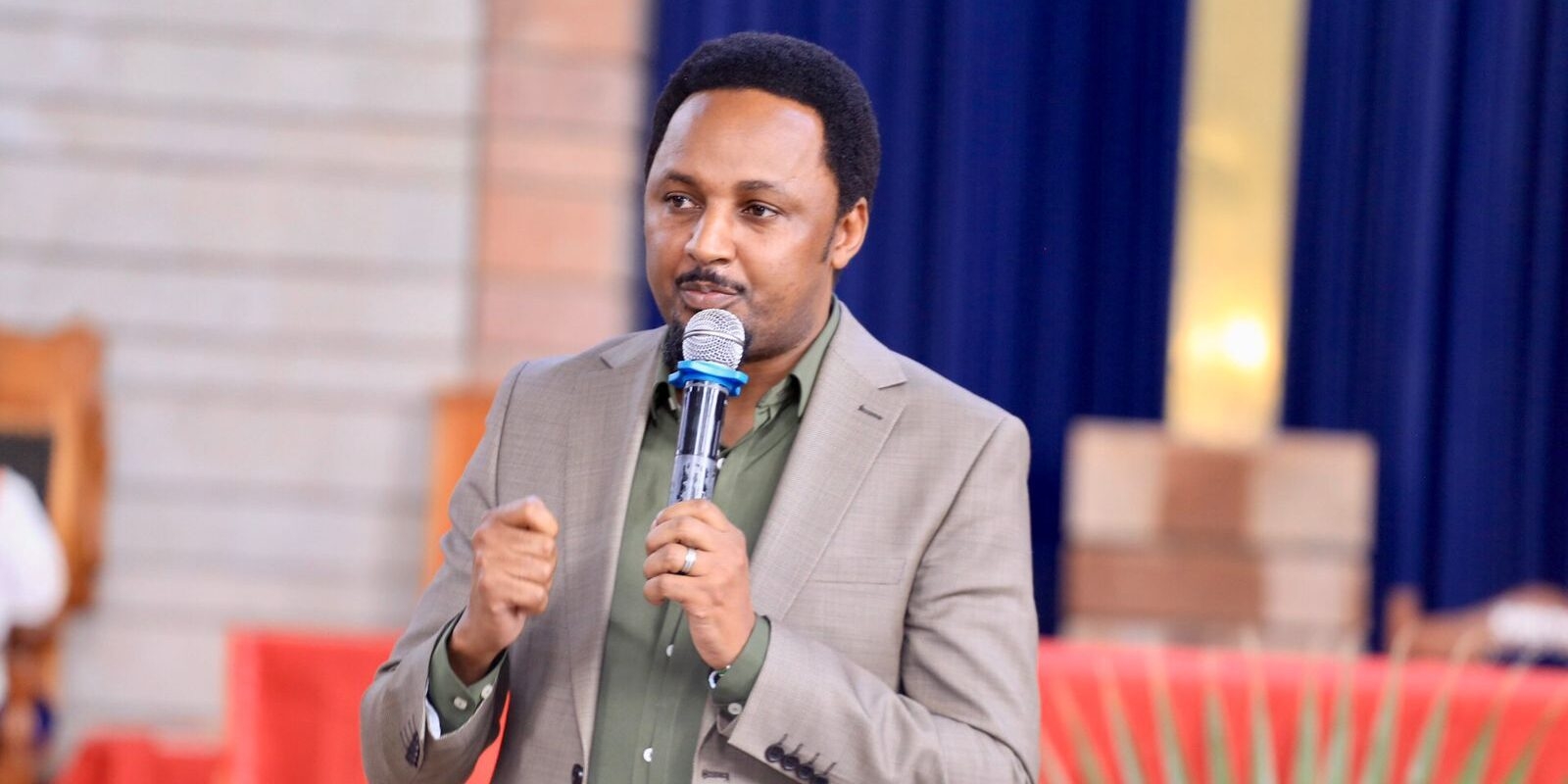A Garissa resident has petitioned the National Assembly to introduce corruption tax as an additional penalty in the Anti-Corruption and Economic Crimes Act.
In his petition dated May 28, 2024, and adressed to the National Assembly, John Muthama appealed for the implementation of corruption tax as an additional financial penalty for individuals convicted of theft of public funds and bribery in the employment sector.
The petition was received on June 5, 2024 by Kipkemboi arap Kirui on behalf of the clerk of the National Assembly.
"This initiative aims to strengthen the existing anti-corruption mechanisms and deter individuals from engaging in corrupt practices that undermine the progress and development of our nation,” part of the petition reads.
“I propose the introduction of a Corruption Tax at a rate of 15 per cent of individual net worth on top of any other penalty imposed by court under the provisions of Anti-Corruption and Economic Crimes Act on individuals convicted of corruption in public funds and bribery in employment sector."
He said in the petition that the tax will serve as additional financial consequence for offenders and will contribute to the recovery of ill-gotten gains from corrupt practices.
"The convicted individuals upon been cleared by court after serving penalties imposed to him under the existing provisions of Anti-Corruption and Economic Crimes Act, court will issue tax compliance note to Kenya Revenue Authority (KRA) to proceed to tax the convicted individual at provided rate.”
Speaking to the press in Garissa on Saturday, Muthama who hails from Kitui in Mwingi subcounty said the existing penalties under the Anti-Corruption and Economic Crimes Act, while necessary, may not be sufficient to deter high-level corruption noting that introducing a substantial financial penalty will act as a stronger deterrent.
He noted that the introduction of a corruption tax at a rate of 15 per of the individual net worth of people convicted of corruption is a vital step towards combating corruption, fostering good governance and promoting economic prosperity in Kenya.
“Corruption diverts significant public funds away from essential services. The corruption tax will help recover these funds and channel them back into the public sector, contributing to economic recovery and development,” he said.
“Therefore, I urge the esteemed members of Parliament and the government of Kenya to consider my petition so that when they embark on discussing the Presidents proposal, my petition is also considered alongside his so that at the end of the day, the necessary steps are taken to ensure that it is enacted into law,” he said.
Last week, President William Ruto announced seven measures that his administration will take to combat corruption, a vice he said has proven difficult to eradicate in previous administrations.
During his press briefing at State House on Wednesday, President Ruto said the measures are in response to public demands for greater accountability and transparency from the government.
He stated that he would propose amendments to the Evidence Act and Criminal Procedure Code, as well as other necessary changes, to expedite and prosecute corruption cases within six months.
Additionally, he said he will be proposing amendments to the Witness Protection Act to protect and incentivise whistleblowers, enhance witness protection and make it easier and safer for citizens to come forward.
In order to modernise the public procurement system—which has been recognised as the center of corruption—Ruto intends to propose changes to the Public Finance Management Act and the Public Procurement and Disposal Act within 90 days.
He stated that his goal is to deploy digital infrastructure within the next six months, which he believes will provide transparency throughout the process, from advertisement to contract award.
The head of state has also urged Parliament to expeditiously pass the Conflict of Interest Bill, which provides for the management and regulation of conflicts of interest within the public sector.
President Ruto promised to veto any bill enacted if it does not establish the highest form of integrity and anti-graft measures.
He also asked judicial institutions to provide a timetable for all active cases, ensuring that proceedings are completed and deadlines are communicated to the public.
Reacting to the petition, Garissa County Assembly Majority leader Mohamed Abdi welcomed the move noting that corruption on public funds and bribery in employment sector have persistently plagued the public in Kenya, leading to immense financial losses, weakened public institutions and reduced public trust.
“The existing legal framework, including anti-corruption and economic crimes act, provides penalties for the offenders, but the current mechanisms have not been effective in curbing the prevalence of corrupt practices,” he said.
“I have gone through the petition and part of it suggests that offenders convicted of corruption or bribery be held financially accountable for their actions, ensuring that they contribute to the restoration of public funds that have been misappropriated. This is long overdue,” he said.










